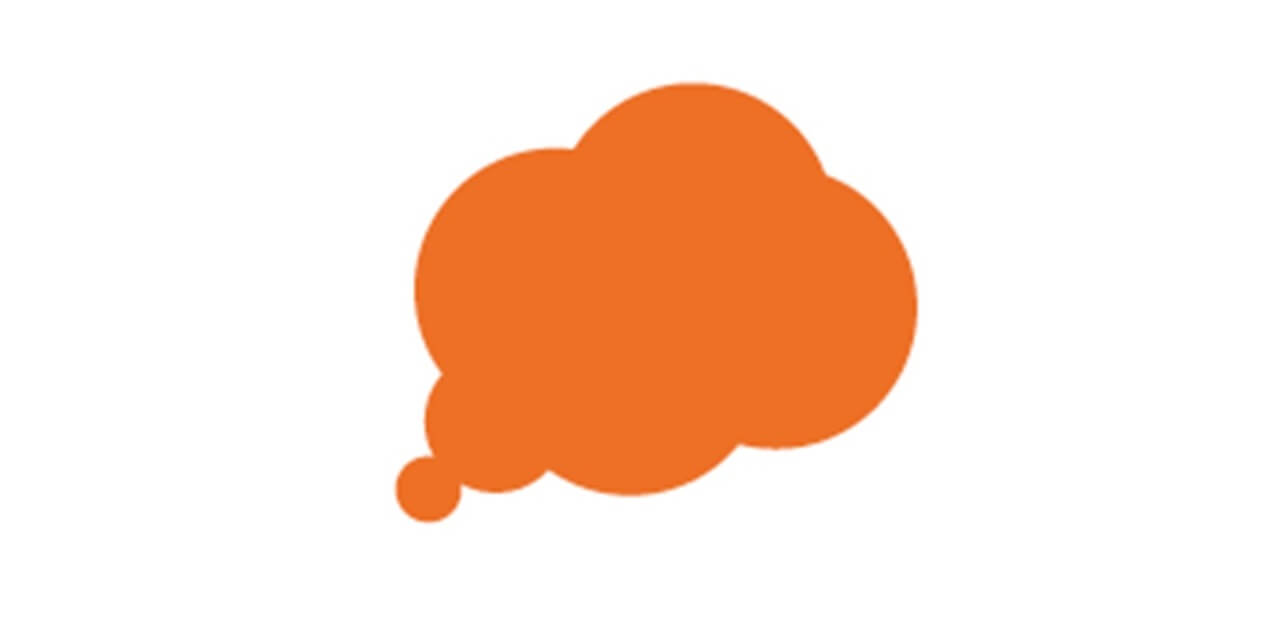Breaking Through Our Sluggish, Entrenched Thinking

Author: Jeroen Smit | 27-08-2024
The New Economy Index of MVO Nederland (‘Corporate Social Responsibility NL’) is slowly climbing upward. In 2020, only 12.1% of the Dutch economy qualified as climate-neutral, sustainable, and inclusive, with fair and transparent trade chains. Four years later, this figure has risen to 17.5%, with the caveat that ‘the progress of the transition has further flattened.’
This is disappointing. As the inevitability of the energy transition becomes ever more apparent, an agreement reached that half of the Dutch economy must be circular by 2030, and with European legislation (thankfully) advancing, the transition in the country is stalling. When the right-wing parliamentary majority on top of this supports a motion urging pension funds to disregard social and environmental considerations in their investments, it seems like flogging a dead horse. It does not bode well. Fortunately, the astute leaders of both pension funds’ and the supervisory authority DNB’s immediate response was that short-term-focused, populist political agendas should not control these investments.
It begs the question, why it is so difficult to accelerate and fully commit to the sustainability of the economy? Rob Blomme, a professor of organizational behavior at Nyenrode Business University, explains that we inherently struggle to deal with ‘wicked problems.’ These problems are ambiguous, complex, and conflicting, and they concern an uncertain future. Even leaders and supervisors who are at the forefront and have genuinely embraced the goals of the New Economy Index are limited by what Blomme calls ‘bounded rationality’: the fact that our brains can only process a limited amount of information when deciding, leading us to stick to familiar systems whenever possible. That is where we feel safe, comfortable, and connected.
But this way of thinking is not getting us anywhere. A true leader understands that society expects them to lead from what the future, beyond 2035, requires. They also realize that solutions will not be found in familiar thinking. Such leaders dare to deeply problematize the major issues of our time. This means exploring the complexity, chaos, and ambiguity in all facets and relationships before tackling genuinely innovative solutions.
Problematizing takes time and requires a deceleration of thinking. For entrepreneurial doers and go-getters, this often feels like flogging a dead horse. Nevertheless, this discomfort is necessary to break through the sluggishness of entrenched thinking. As encouragement, I ardently quote Albert Einstein: you cannot solve a problem with the same thinking that caused the problem. Or more concretely: Given an hour to solve a problem, 55 minutes would be spent thinking about the problem and 5 minutes on the solution.
Jeroen Smit is an investigative journalist and author. This column is an updated version of one he uttered during the ‘Discomfort in the Boardroom’ sessions, where directors and supervisory directors, academics and educators co-create their way toward a ‘humane’ governance practice. Discomfort in the Boardroom has been succeeded by the ‘Enhanced Governance’ project and takes place at Nyenrode Business University. This essay was published in Management Scope 07 2024.

